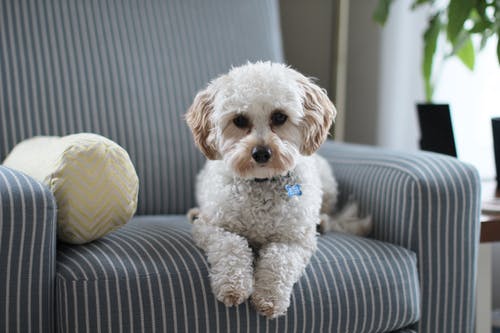
Three Things to Do to Help Your Pet Recover Faster After Veterinary Surgery
Humans experience surgery as a stressful moment. Surgery for pets is no different than for humans. Pets, like people, require specific post-surgery attention. Most of this responsibility will lie on your shoulders as a pet owner, so it’s essential to prepare in case the need happens.
Tips on How to Help Your Pet Recover Faster After Surgery
There is no such thing as a “basic” procedure for post-operative care for pets. Some patients must be monitored overnight, while others can go home the same day. Their age, health, and type of surgery all have a role. A veterinarian can offer you specifics concerning your pet’s needs.
Nonetheless, following a vet’s recommendations can speed up your pet’s recovery. Do not be worried if your pet appears sluggish and inactive for the first couple of days after bringing them home. Resting is suitable for your pet’s recovery, so do not fret if they take a few naps when they get home. Regardless, here’s what you can do to watch them.
Always Follow Post-op Guidelines
You and your pet may likely experience some stress and anxiety during your pet’s surgery. Learning to care for your pet when you come home effectively is essential to ensuring that they return to their routine as rapidly as possible.
The vet will provide specific guidance as well as manage pet check up on caring for your pet in your home after surgery. You have to comply strictly with the guidelines offered. If you don’t comprehend the instructions, do not be reluctant to ask. Call your vet if you fail to remember how to perform a particular direction you were given when you returned home.
Restrict Activity Level
Since many vet operations like dog c-secion surgery consist of some degree of invasiveness, your pet will need time to recover once it returns home. A lot of the time, this requires lowering your pet’s activity level. After surgery, the pet’s wounds may take longer to heal or might not recover if they move too much. Coordinating with a knowledgeable veterinarian will assist your pet recover faster and providing the information you need to care for your pet following surgery properly.
Include some soft blankets or bedding in the enclosed area, and keep the temperature comfortable to guarantee that the setting is as pleasant and relaxing as possible. There should be enough space for your pet to stand and walk around.
Feed Your Pet Properly
In the days following surgery, several pets will need to eat less. Avoid overfeeding your pet by feeding it fatty food. A boiled hamburger is a typical recommendation from your pet’s veterinarian for feeding your pet. Do not season your pet’s food, which can result in digestive problems. Veterinarians advocate feeding your pet only the things they approve of.
Give your pet water throughout the day, but keep a close eye on your pet as they quench their thirst. Lightheaded pets on pain medication are most likely to doze off while drinking, raising their risk of drowning.
Bottomline
Typically, your pet’s condition should progressively improve over the following days and weeks. Don’t wait to contact the emergency pet hospital with a vet lab if something goes wrong with your pet. You may be wondering how a vet lab can help, but it is essential to see the root cause of the problem—getting your pet back to its routine as promptly as possible after surgery is your top goal while following post-surgical guidelines.





